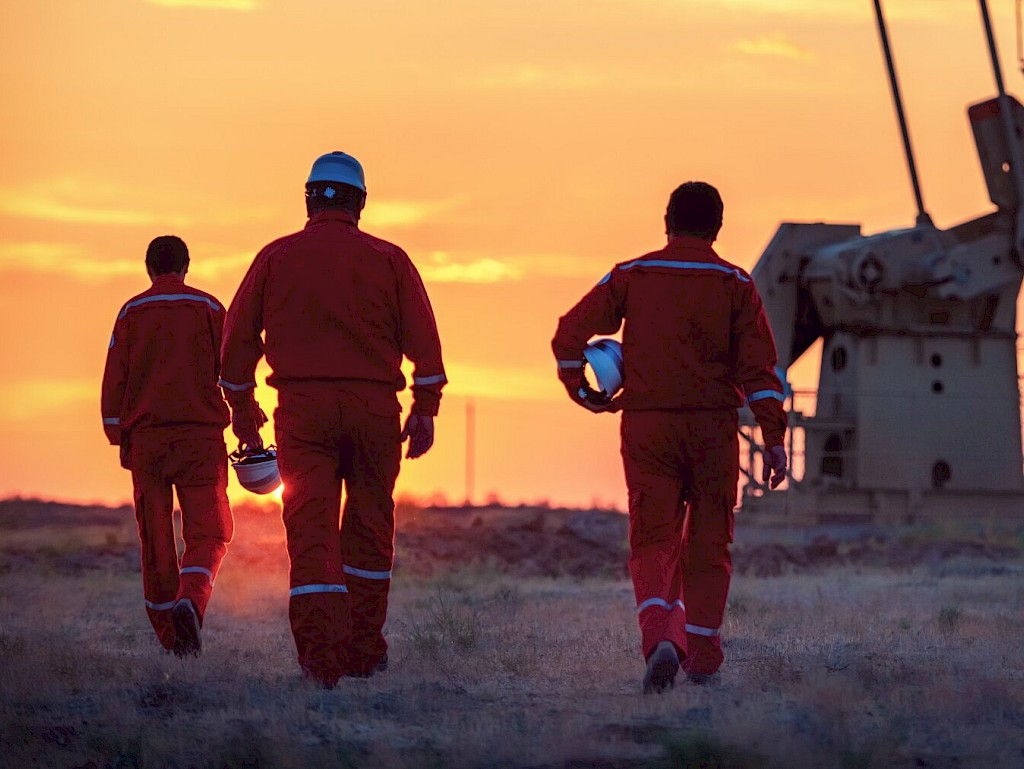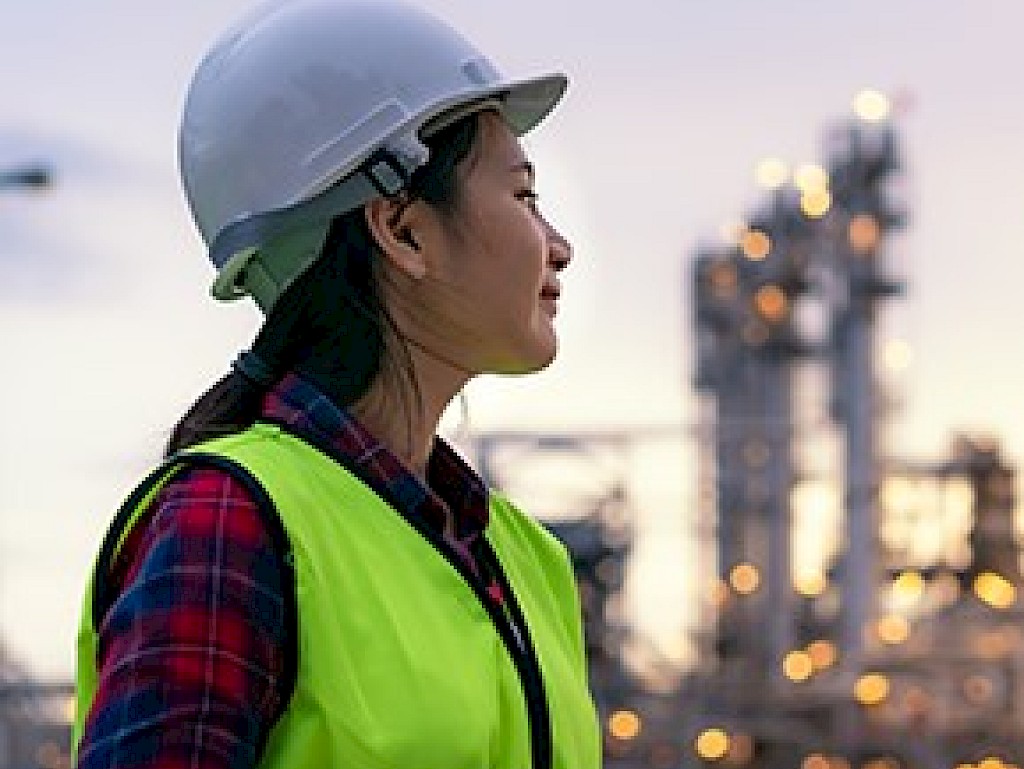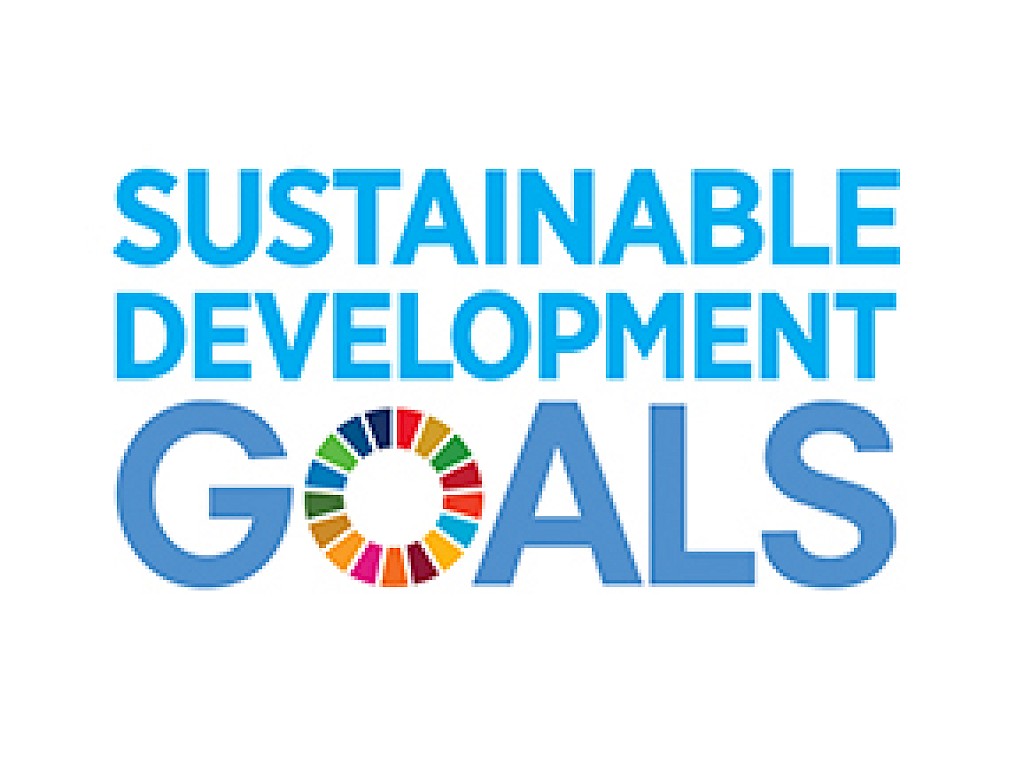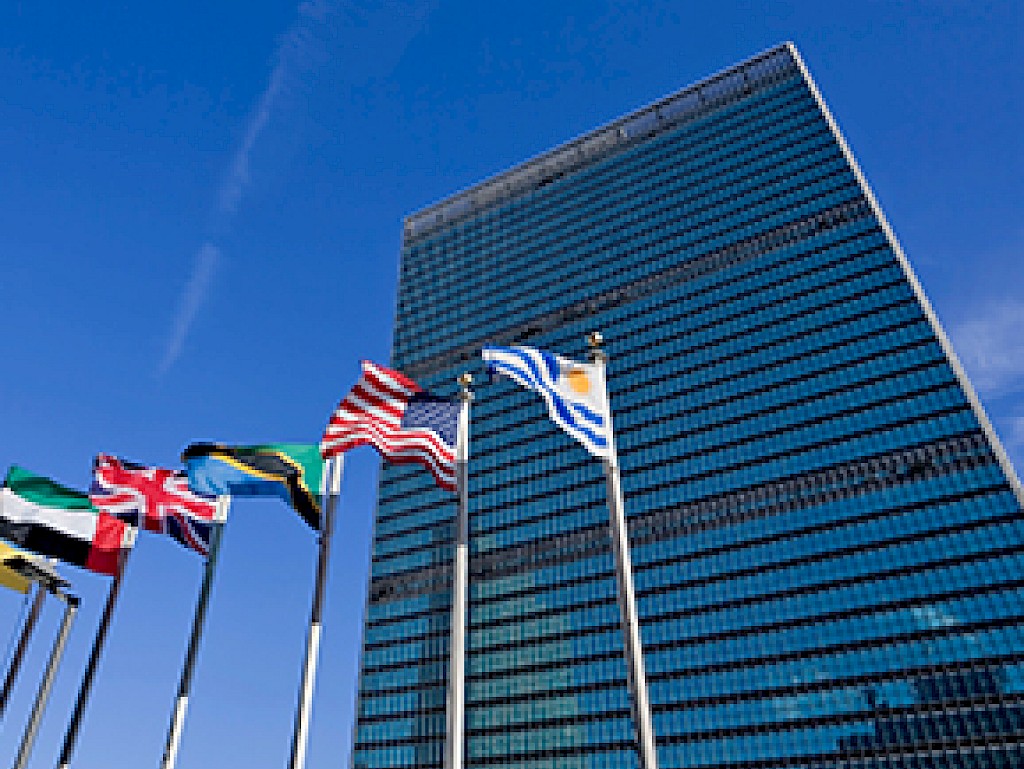On Human Rights Day 2020, Ipieca's Social Responsibility and Sustainable Development Senior Manager, Isabel Miranda, discusses the importance of the UNGPs on Business and Human Rights.
Human Rights Day 2020 calls for the world to build back better, placing human rights at the heart of the COVID-19 recovery. At Ipieca we believe that by making human rights central to business, companies can play transformative roles in the societies in which they operate, promoting economic growth accompanied by social fairness, and the respect of human rights across the industry.
The UN Guiding Principles on Business and Human Rights (UNGPs) provide a set of principles that clarify the State duty to protect human rights and the business responsibility to respect human rights.
Ipieca's involvement in the UNGPs
I am proud to say that Ipieca was involved in the consultation and development of the UNGPs in 2011, making use of our industry experience of operating in difficult contexts and role in creating and implementing the Voluntary Principles on Security and Human Rights, some years earlier.
Since the UNGPs were launched in 2011, Ipieca has worked hard with our members to support the whole industry to operationalize the UNGPs by developing practical guidance on human rights due diligence, impact assessments, grievance mechanisms, responsible security, engagement with Indigenous Peoples, and company and supply chain labour rights.
Using the UNGPs framework as their guide, oil and gas companies have developed human rights policies, created new or updated management system requirements on a range of related topics, enhanced or incorporated human rights considerations into risk and impact assessments, improved worker and community grievance and remedy processes, and included human rights in their external reporting.
An example of the systemic change that the UNGPs have brought about in the industry is screening of new oil and gas projects from a human rights perspective.
Striving for continuous improvement
While the industry has made a lot of progress, it is on a journey of continuous learning and improvement.
Human rights issues are complex and involve multiple teams, however, human rights can still sometimes be perceived as the responsibility of social teams. At Ipieca we are raising awareness among ethics and compliance, health and safety, human resources, environment and legal teams, that in addition to their social performance practitioners, they all share a role in respecting human rights.
The oil and gas industry is dependent on its supply chains, at all stages of a project's lifecycle. However, the industry's supply chains can be complex, with multiple sub-contractors and suppliers, and crossing international borders. This can make it difficult for organizations to identify and address potential human rights risks within their supply chain. On the other hand, with our global footprint, efforts we make in embedding the UNGPs along our supply chains can make a huge difference to respect for human rights across the world.
Measuring performance is key to driving change: if you measure something, you can improve it. To help the oil and gas industry further develop its human rights performance measurement and reporting, the Ipieca-API-IOGP Sustainability reporting guidance for the oil and gas industry published in spring 2020 includes human rights reporting indicators, which allow for performance in this area to be monitored over time.
Collaboration is key
The fulfilment of human rights requires all actors across the industry and beyond to work together to ensure the rights of individuals are protected and respected.
The convening and influencing role of multilateral organisations such as the UN Working Group on Business and Human Rights and relevant non-governmental organizations is essential. These organisations are a valuable source of human rights knowledge and expertise, and provide a platform to build trust between parties and exchange learnings and good practices.
Ipieca will continue to convene the oil and gas industry around human rights issues and support companies to put the UNGPs at the core of their business. We are in the process of updating our guidance on Human rights due diligence process, which we aim to launch at the start of 2021, as well as developing contractor training for labour rights, and working on an industry definition for the 'just transition' to a global low-carbon economy including human rights issues.
As we mark Human Rights Day 2020, I would like to encourage all oil and gas companies to continue raising human rights awareness among their various internal functions as well as business units that contribute to their overall human rights performance.




